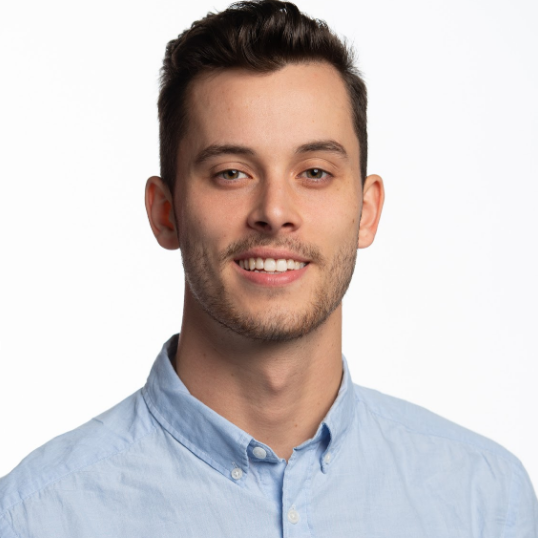Fredericton’s Parados Cerebral Solutions is preparing for a beta test of its data analytics platform for tracking and preventing head injuries in sports, likely beginning in the fall.
Founded in 2020, Parados is using sensors in mouthguards and along athletes’ spines to measure the force of head impacts, such as when football players tackle each other.
The technology is being developed as part of a collaboration with the Concussion Legacy Foundation of Canada, with whom CEO Pascal McCarthy has been collaborating since he was a student in the University of New Brunswick’s Master of Technology Management and Entrepreneurship program last year.
“One thing that I compare the problem to would be, 100 years ago, when someone would get a battle wound, when they’d get shot, or knifed or something, the go-to [treatment] method was to amputate,” said McCarthy in an interview. “Nowadays, it's kind of crazy to think that would be the first solution.
“But somewhere between 50 and 80 percent of traumatic brain injuries go undiagnosed or misdiagnosed. And the typical treatment plan is like, sit in a dark room and wait it out, which is in my opinion kind of a little ancient or barbaric.”
McCarthy said he was inspired to create technology to help monitor and avoid head trauma because he has seen his family members and friends struggle with the lasting harm caused by sports-related concussions.
In the long term, concussions can cause memory loss, personality changes and even psychological problems like depression.
He said Parados’s technology will use predictive data analytics to identify which sports players are most at risk of suffering concussions. The AI will rely on data including an athlete’s posture and previous impacts -- since one head injury increases the risk of others -- as well as information about a sportsman’s overall mental wellbeing, gathered via an app.
Then, the software will offer suggestions about how to prevent or treat injuries, such as for a player to skip a practice session if Parados identifies them as being at high-risk for an injury.
“Ultimately, the goal would be... to take a player out of a risky situation or give them corrective feedback, so in the long term, they reduce their odds of having a concussion,” said McCarthy.
“If they have bad posture, then we'll suggest posture correction exercises. If their level of stress is at an all-time high that week, then we might just suggest they rest and sit out a game or two.”
McCarthy said he considers Parados to be in the early-to-mid stages of its development, with a functioning minimum viable product recently completed.
Parados has also taken part in several accelerators, including Moncton’s Venn Garage and Fredericton’s Planet Hatch. To protect the sensitive medical information the company will be gathering, McCarthy will be part of the inaugural cohort of industry group CyberNB’s CyberHatch accelerator.
He said several sports teams have expressed interest in testing Parados’s technology beginning with the fall season, but he has not yet chosen which sport to focus on.
“I've had interest from hockey, rugby, football and even soccer [teams],” said McCarthy. “Because of the repetitive headers in soccer, there is a really high risk of not only concussions, but other kinds of consequences.
“I’m not sure yet what the best product-market fit is and which team we’ll be starting with.”










